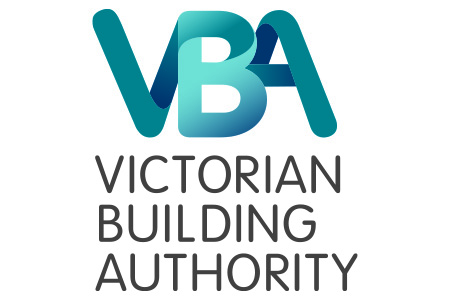The importance of plumbing run-off cover

This article explains run-off cover, a type of insurance policy that covers claims made against practitioners who have ceased operations.
What is run-off cover?
Run-off cover is an insurance policy that covers claims made against plumbing practitioners who have ceased operations. This can be due to retirement or the sale of a business.
This type of insurance policy is only applicable for someone cancelling or not renewing their professional indemnity insurance and not replacing it with another policy. It is a form of insurance that covers practitioners after they have ceased trading.
Public liability is an occurrence-based form of insurance. This means that to make a claim, you must have a current policy at the time the incident occurs.
However, not all incidents occur at the time when your work is done. If an incident occurs a few months or even years after you undertook the work, and by then you have cancelled your policy, you may not be covered.
Why is run-off cover so important?
In a situation where a plumbing practitioner may have retired or sold their business, they could still be at risk of having claims made against them.
Run-off cover generally protects you from the same risks that the public liability insurance policy protected you against for the amount of time you purchase run-off insurance.
It provides cover for potential incidents that have happened but are yet to be reported.
It will not cover you for any work performed after the original policy expires.
Some public liability insurance policies will provide automatic run-off insurance up until the end of the policy period, should the policy be cancelled during the policy period.
Further run-off insurance can then be purchased for multiple years thereafter.
Some insurers may only consider run-off insurance policies on a year-by-year basis, whereas other insurers offer multiple years of run-off insurance in a single policy.
Case study
Jeremy, a plumber who retired from work in 2014 and closed down his business, ensured he was covered by insurance from day one. However, after he was no longer trading, he decided to cancel his public liability policy.
Four years after Jeremy closed his business, a claim was made by one of his previous clients. This client suffered a large amount of water damage to their premises as a result of defective work done on some pipe fittings in the bathroom.
Because Jeremy held a public liability policy at the time the work was completed, he was able to claim for the rectification of the defective work.
However, because Jeremy did not hold an active public liability policy at the time the claim was lodged against him, he was unable to claim for the resultant damage, which in this instance was water damage to the property. He was then found personally liable and as a result, had to bear the cost of all rectification works himself.
As a plumber trading in Victoria, the Victorian Defects Warranty would leave him liable for six years following the completion of the faulty work.
More information
For more information, please contact your preferred insurance broker.
